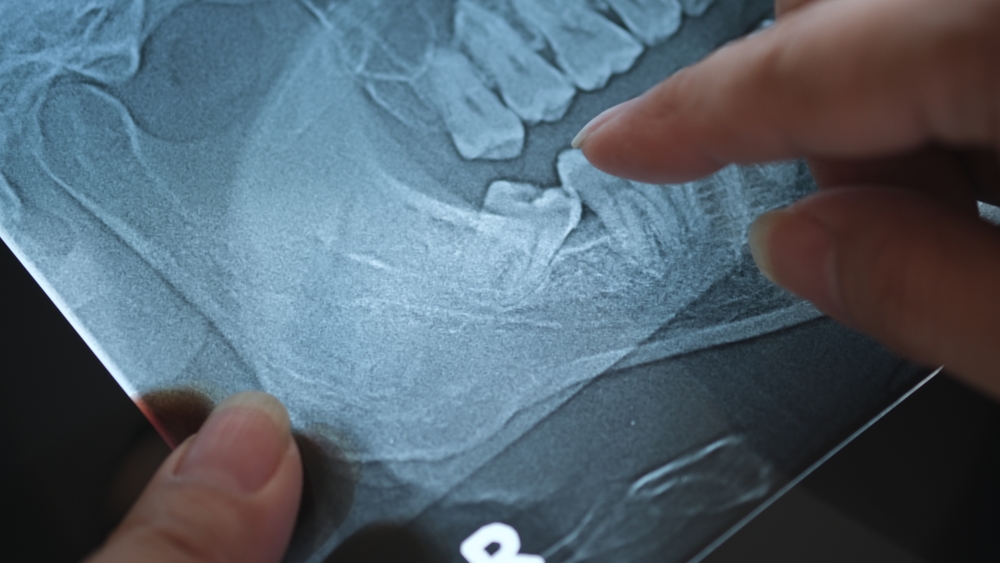
Getting your wisdom teeth removed can be a bit of a daunting experience, but it's a common procedure that most people go through
Before the Procedure:
Consultation:
Your dentist or oral surgeon will evaluate your teeth through X-rays to assess the positioning of your wisdom teeth.
They will explain the procedure and discuss sedation options.
Sedation Options:
Local anesthesia or general anesthesia
- Local anesthesia numbs the area around your teeth.
- General anesthesia may be used if you're anxious or if the surgery is more complicated.
During the Procedure:
Anesthesia/Sedation:
Depending on your sedation choice, you may be fully awake but relaxed or asleep.
The Removal:
The oral surgeon will make incisions in your gums to get to the wisdom teeth.
The procedure usually takes 30 to 60 minutes, depending on how many teeth are being removed and their condition.
Pain During Surgery:
You shouldn't feel pain, but you may feel pressure or some movement.
After the Procedure:
Recovery Room:
If you were sedated, you will spend some time in a recovery area as the anesthesia wears off.
Discomfort:
It’s normal to experience swelling, pain, and some bleeding after the procedure.
Pain and swelling may peak around 24-48 hours after the surgery.
Medication:
You’ll likely be prescribed pain relievers and possibly antibiotics to prevent infection.
Over-the-counter medications like ibuprofen and tylenol can also help manage pain and swelling.
Post-Op Care:
Ice packs on the cheeks are a common way to help reduce swelling.
Follow your oral surgeon's instructions for eating, brushing, and caring for your mouth.
Avoid sucking motions (like using straws), smoking, and spitting, as they can delay healing.
Healing and Recovery:
Swelling and Bruising:
Swelling is common and may last up to a week. Bruising around your face may also occur
Diet:
Stick to soft foods for the first few days. Avoid hot, spicy, or crunchy foods that might irritate the healing gums.
Full Recovery:
It can take a few weeks to fully heal, although you’ll likely feel much better within 3-5 days.
Potential Complications:
Infection: Keep your mouth clean as per your surgeon’s instructions.
Dry Socket: This occurs if the blood clot at the extraction site dislodges or dissolves, causing pain and slowing healing.
Nerve Injury: In rare cases, there can be temporary numbness in the lower lip, chin, or tongue due to nerve irritation during extraction.








